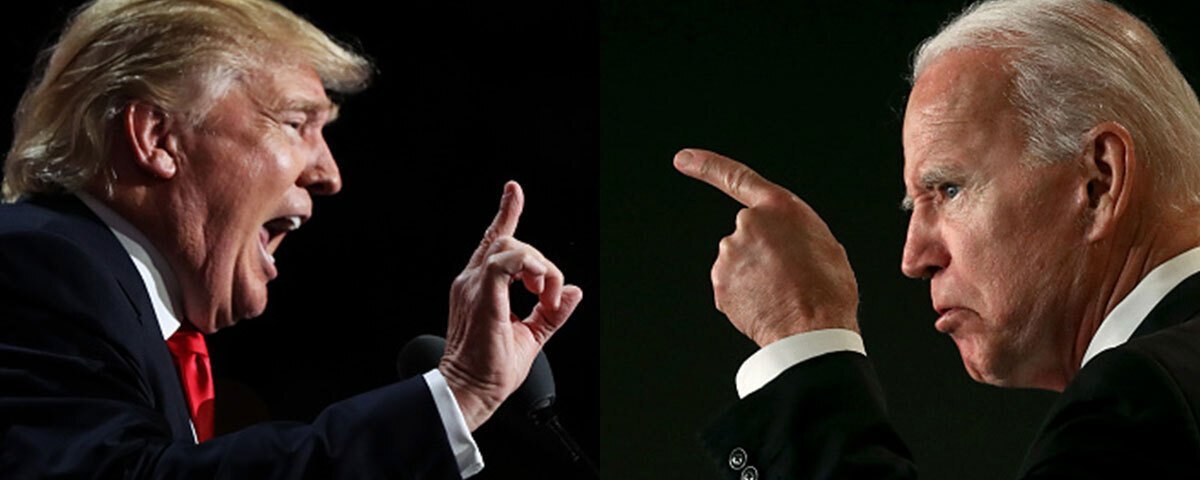Presidential campaigns seem to get increasingly negative with each cycle, but new Economist/YouGov Poll data shows very few Americans think their preferred candidate spends most of their time mudslinging.
Overall, 55 percent of Americans say President Donald Trump spends more time attacking his Democratic rival Joe Biden than he does explaining what he will do if he’s re-elected as president (32%). On the other side, 38 percent of Americans think Biden spends most of his time attacking Trump, while 43 percent say he spends more time explaining what he will do as president.
But drilling down into partisan data shows supporters – on either side – won’t say their candidate spends most of their time attacking the opponent. Take Trump supporters: Three-quarters of them (75%) say he spends most of his time explaining what he will do if re-elected and only 11 percent say he spends most of his time attacking Biden. In the Biden camp, even more (81%) say he spends most of his time talking policy while nine percent say he spends most of his time going negative on his opponent.
Supporters on both sides appear to be sensitive to negative campaigning. The vast majority of supporters on both sides say the opponent spends more time on the attack: 84 percent of Trump supporters say Biden spends most his time attacking Trump and 93 percent of Biden supporters say Trump spends most of his time attacking Biden.
Those paying the closest attention to the 2020 race are more likely to think both candidates are spending more time going negative on their opponent.
Methodology: The Economist survey was conducted by YouGov using a nationally representative sample of 1,500 U.S. adult citizens interviewed online between August 30 - September 1, 2020. This sample was weighted according to gender, age, race, and education based on the American Community Survey, conducted by the US Bureau of the Census, as well as 2016 Presidential vote, registration status, geographic region, and news interest. Respondents were selected from YouGov’s opt-in panel to be representative of all US citizens. The margin of error is approximately 3.5% for the overall sample.
Image: Getty









